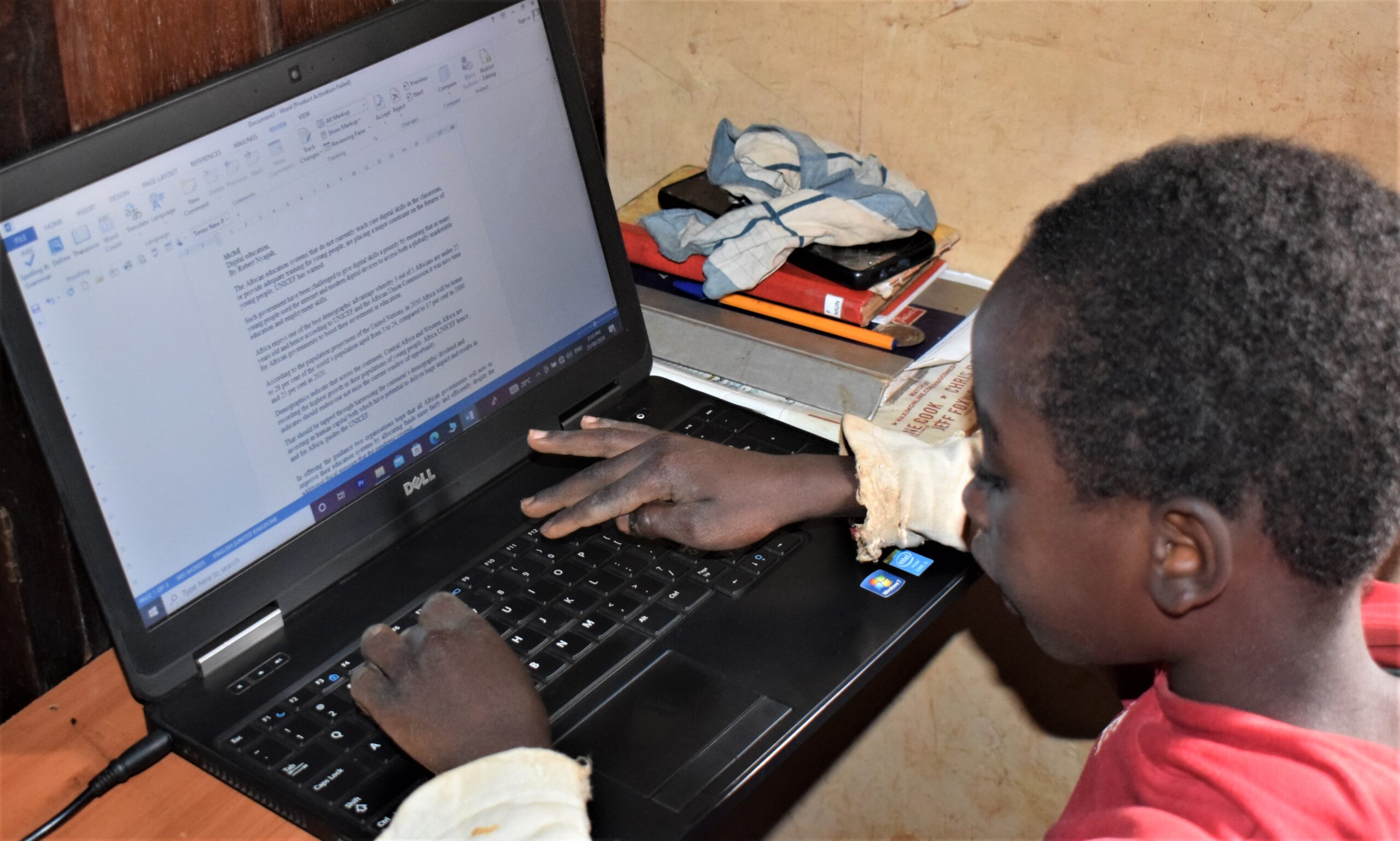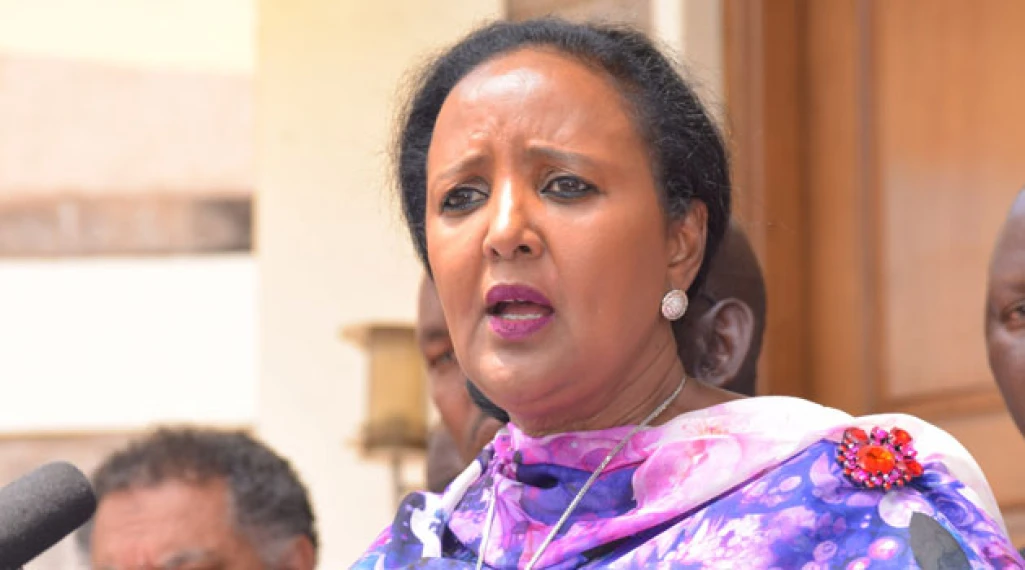Education policies that do not currently teach core digital skills in the classroom, or provide adequate training for young people, are placing a major constraint on the futures of young people, UNICEF has warned.
Africa enjoys one of the best demographic advantages whereby 3 out of 5 Africans are under 25 years old, and hence according to UNICEF and the African Union Commission, it is now time governments boosted their investment in education.
According to the population projections of the United Nations, in 2030 Africa will be home to 28 per cent of the world’s population aged from 3 to 24, compared to 17 per cent in 2000 and 25 per cent in 2020.
Demographics indicate that across the continent, Central and Western Africa are recording the highest population growth of young people, the Africa UNICEF indicating that the opportunity should not be wasted.
“That should be tapped through harnessing the continent’s demographic dividend and investing in human capital, both which have potential to deliver (a) huge impact and results in and for Africa,” says UNICEF.
In offering the guidance, the two organisations hope that all African governments will now improve their education systems by allocating funds more fairly and efficiently despite the additional fiscal pressure that the Covid-19 pandemic created.
YOU MAY ALSO READ:
A report by UNICEF and African Union Commission (AU) titled ‘TRANSFORMING EDUCATION IN AFRICA’, which praised Kenya’s DigiSchool initiative, asks countries on the continent to hasten their digital education programmes.
The two organisations advise that governments in Africa need to increase their budgets to support changes in curricula to make it appropriate for children and young people.
They note that the present generation of young people is growing up in a world which is becoming increasingly dominated by digital technologies; yet currently, the Human Capital Index shows that sub-Saharan Africa realizes only just over half of its human capital potential.
Countries are also being asked to expand and to enhance Technical Vocational Training Institutes (TVETs) programmes which should be digital in nature so as to ensure they are aligned with market needs.
The UNICEF advises African countries to exploit the recent digital links to work together to invest in digital technologies for learning through continental initiatives such as Africa Code Week.
Governments are also being challenged to prioritize teacher training and development in schools, including skills for digital pedagogy, with UNICEF confessing that although the Covid-19 pandemic forced many African countries to change their education systems, teachers remain integral to those systems.
Even before the pandemic, schools across Africa faced a chronic shortage of qualified teachers with only half of the countries in Northern Africa providing teachers with training in distance education, and only 27 per cent of countries in sub-Saharan Africa do so,” notes the report.
To ensure countries move towards a more positive trajectory, UNICEF advises that they should redesign their teacher development programmes at all levels, including digital and pedagogical skills for learner-centred, inclusive quality education.
By Robert Nyagah
You can also follow our social media pages on Twitter: Education News KE and Facebook: Education News Newspaper for timely updates.
>>> Click here to stay up-to-date with trending regional stories
>>> Click here to read more informed opinions on the country’s education landscape
>>> Click here to stay ahead with the latest national news
By Robert Nyagah
Lower grade learner at St Mary’s Gatondo Primary School in Embu County works on a laptop in their homestead, Africa education systems that do not currently teach core digital skills in the classroom, or provide adequate training for young people, are placing a major constraint on the futures of young people, UNICEF has warned.






